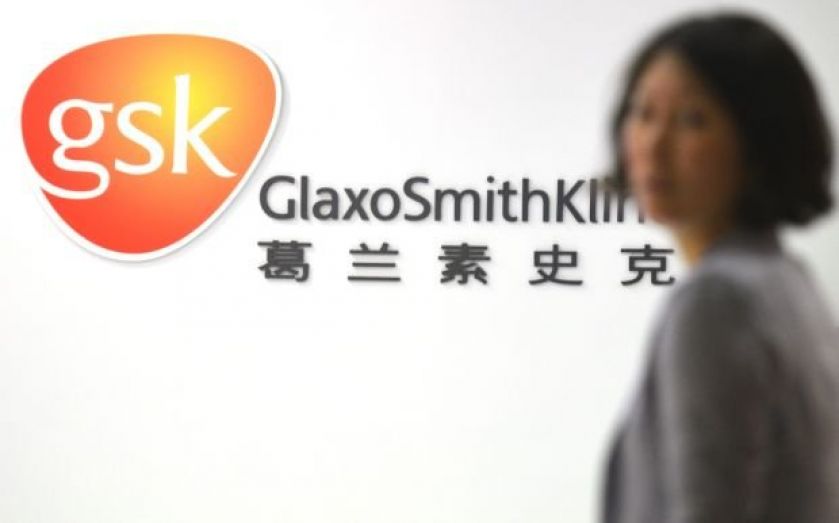GlaxoSmithKline China: Company admits to bribery scandal in 2001

GlaxoSmithKline (GSK) has admitted that members of its staff were caught bribing Chinese officials back in 2001, according to the Financial Times.
The new information has emerged as the pharmaceutical giant faces intense scrutiny from authorities in the UK and US regarding the alleged bribing of doctors and officials to boost drug sales to China. Police in the country have accused GSK of "ordering" the bribes.
The FT report suggests that GSK was forced to fire 30 employees back in 2001 after it found staff were taking kickbacks and bribing Chinese officials.
The older allegations are relevant to the new case because if it were to emerge that there was a pattern of such behaviour from GSK, the US department of Justice (DoJ) would be likely to treat the current allegations more seriously and impose tougher sanctions.
The current GSK chief executive, Sir Andrew Witty, was in charge of the company's operations in Asia Pacific in 2001, but China was not within his purview. GSK has said that Witty was neither involved in, nor aware of, the case.
Chris Baron was head of the vaccination program in China at the time. Mr. Baron indicated that he was cleared of wrongdoing, but that it was suggested he should have exercised greater diligence.